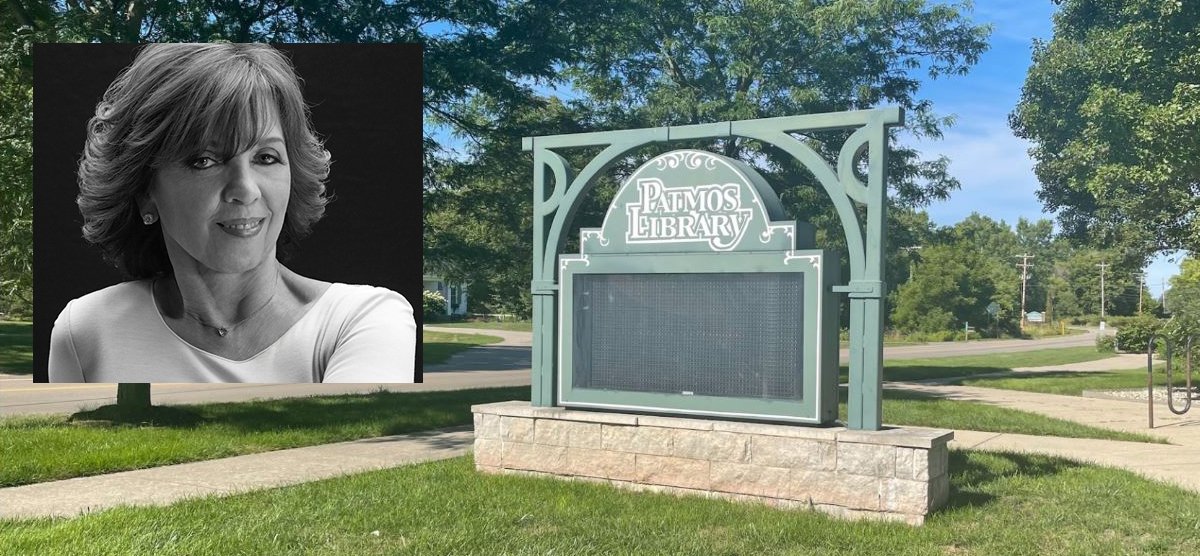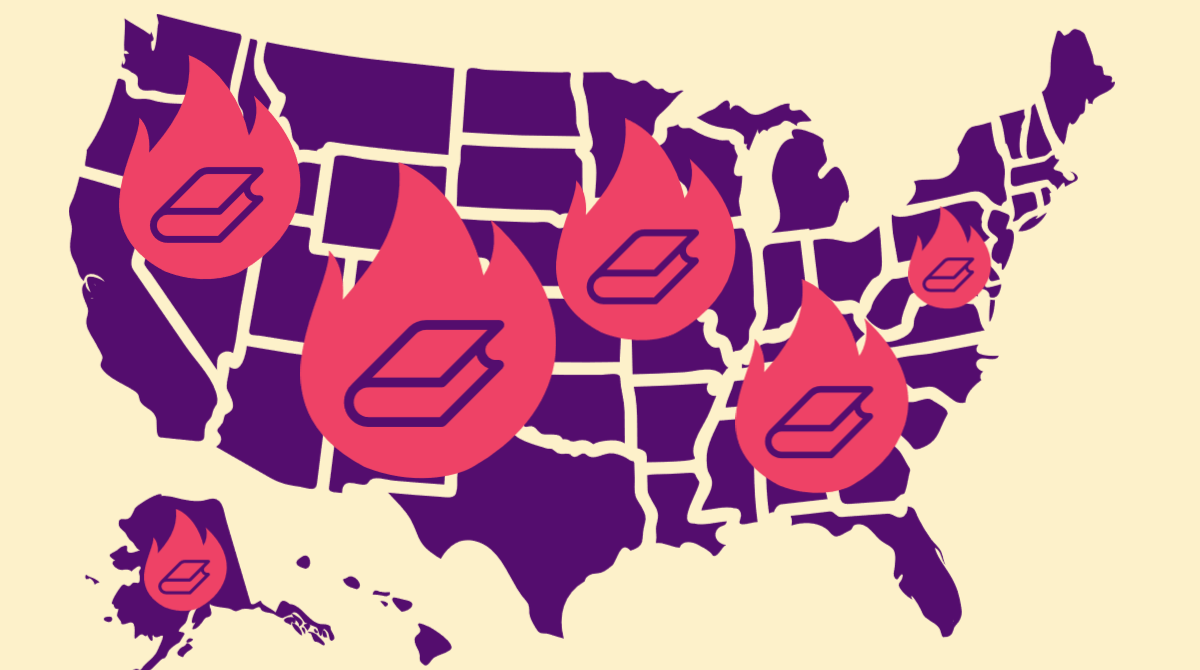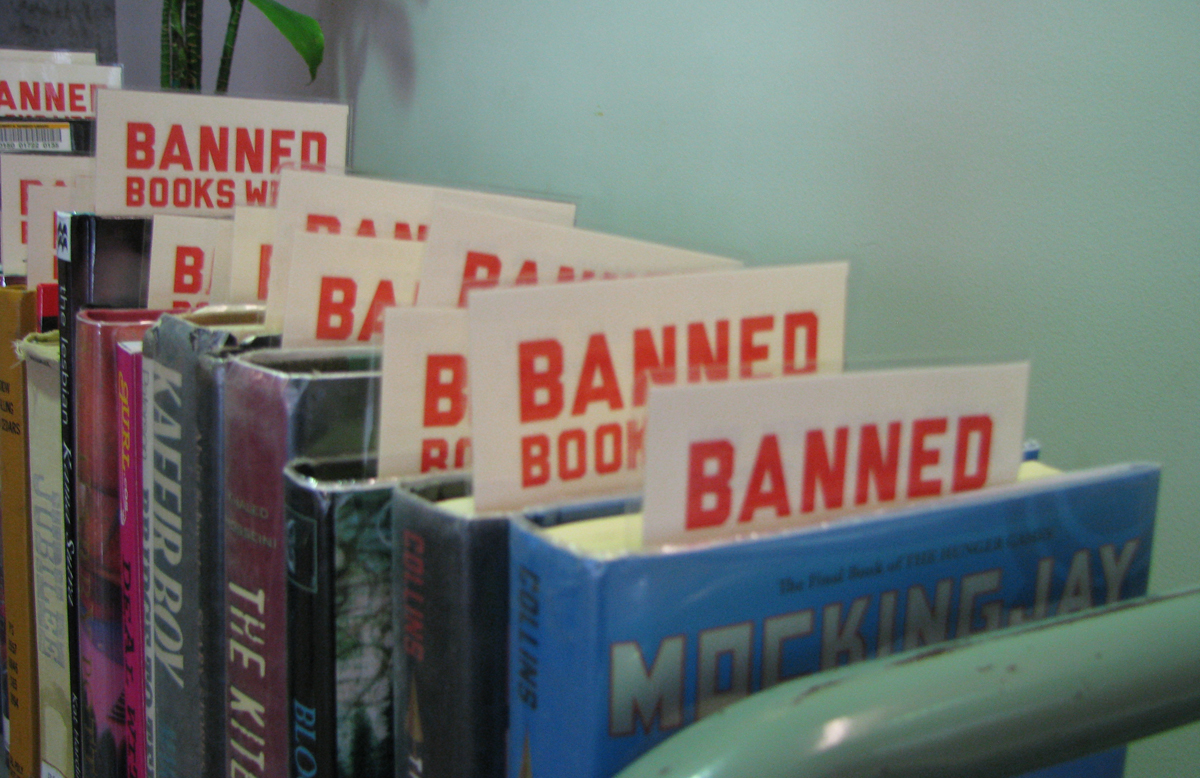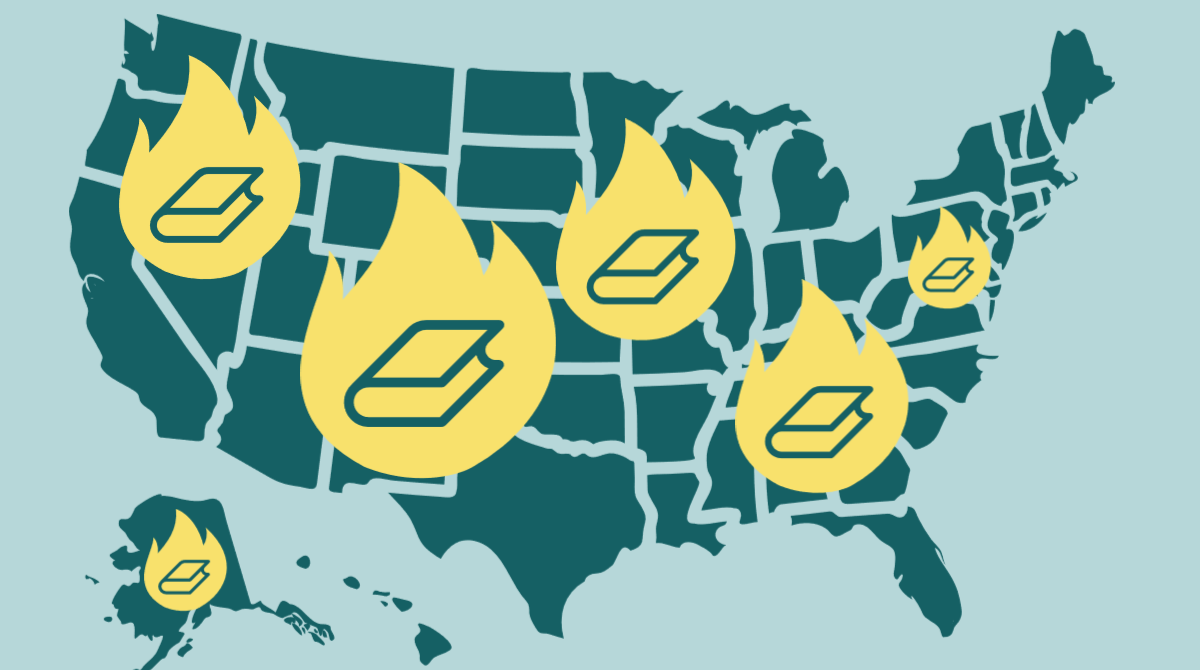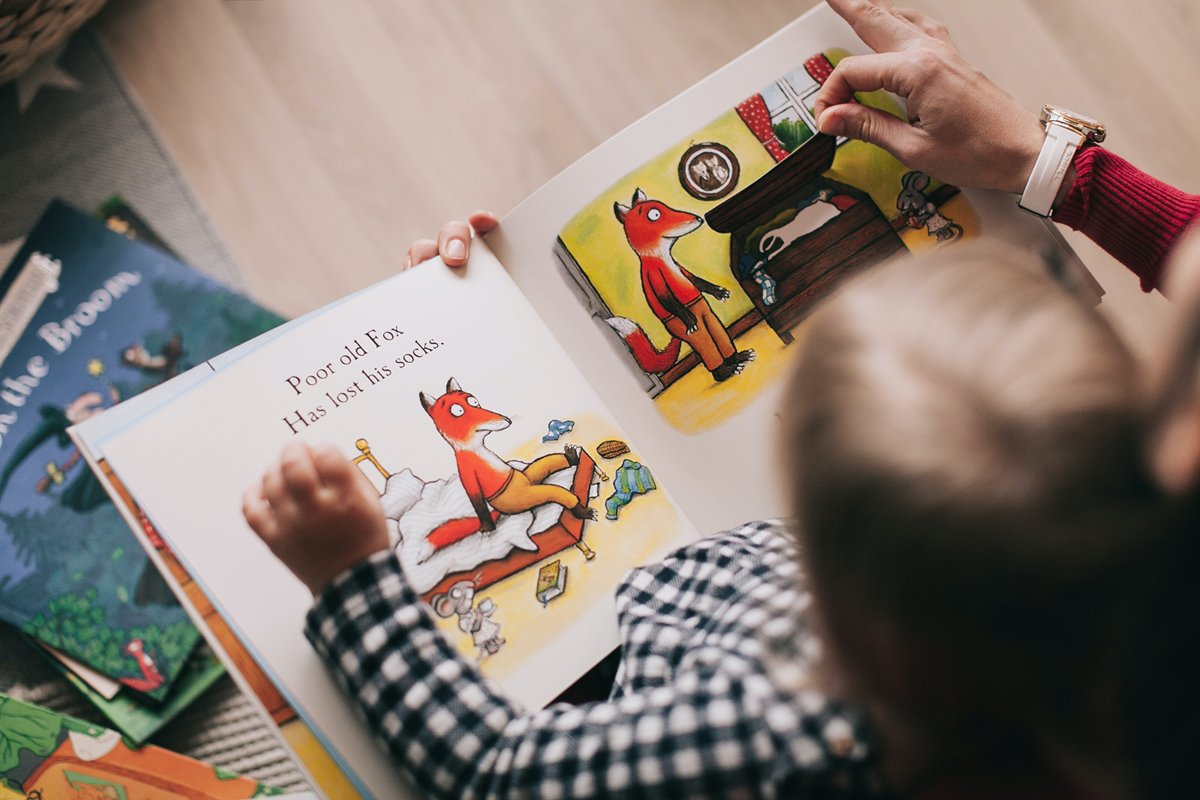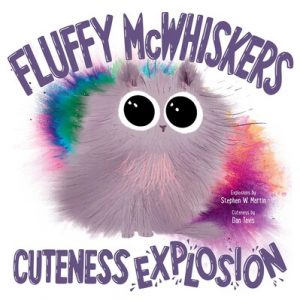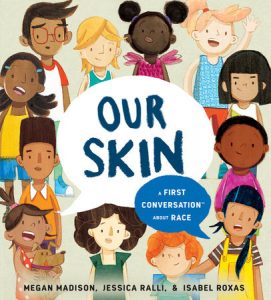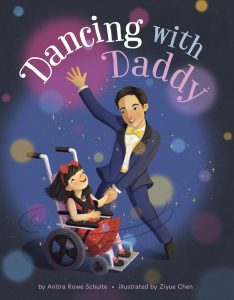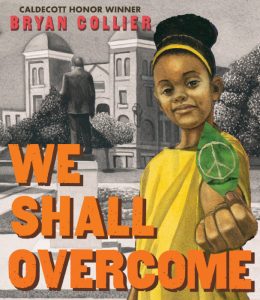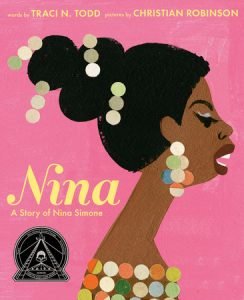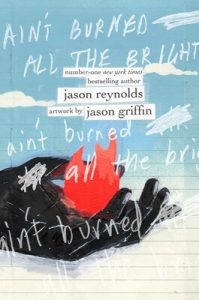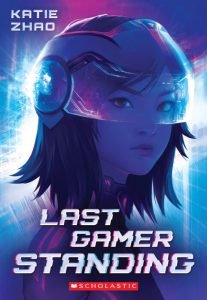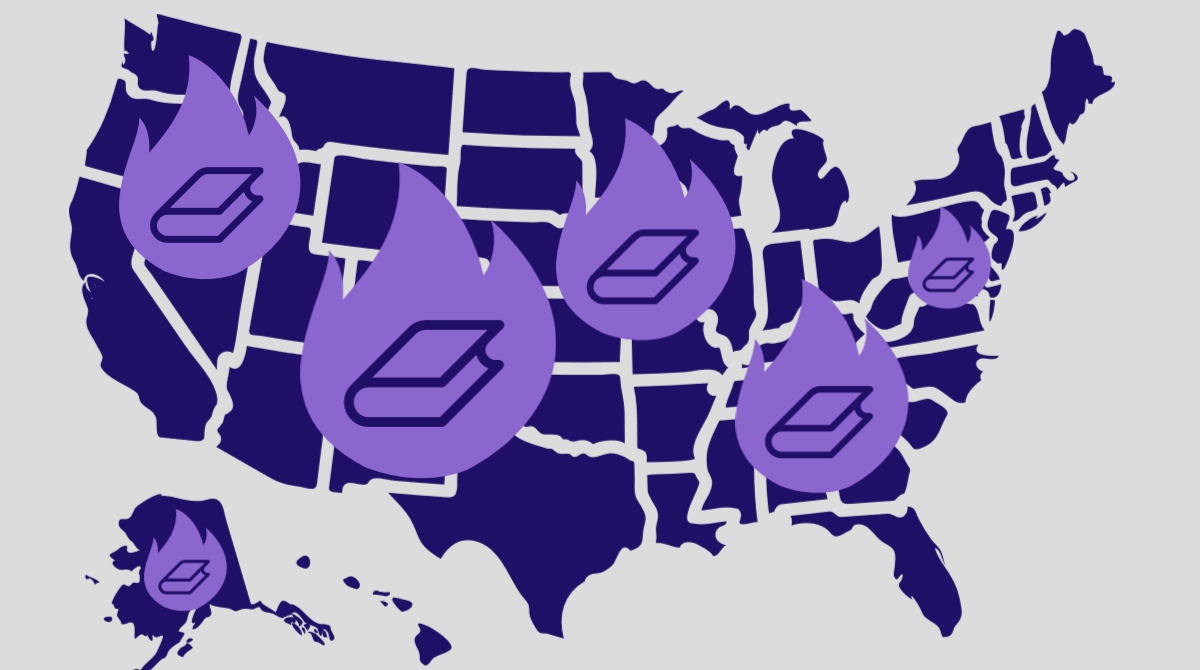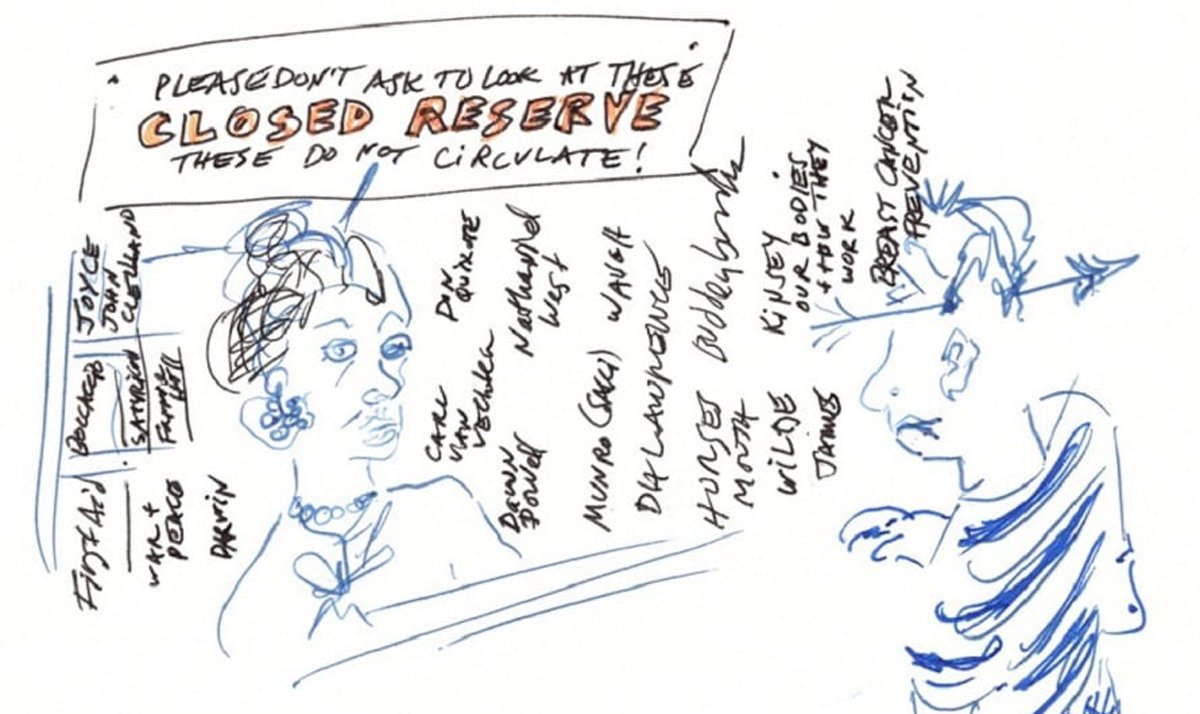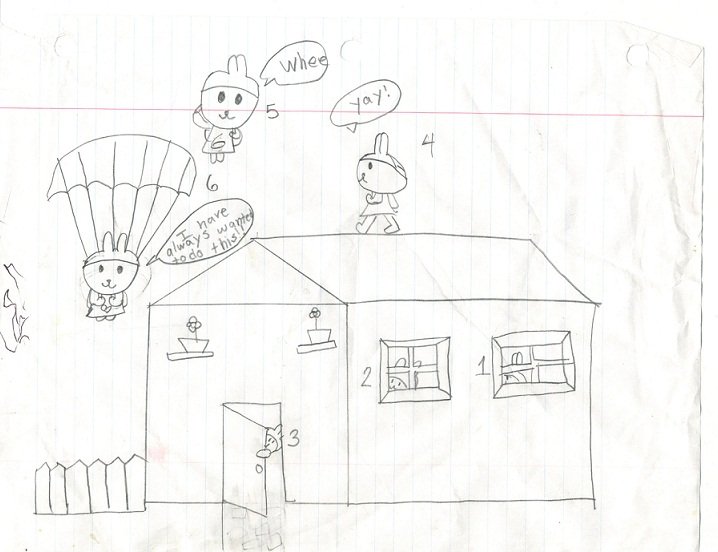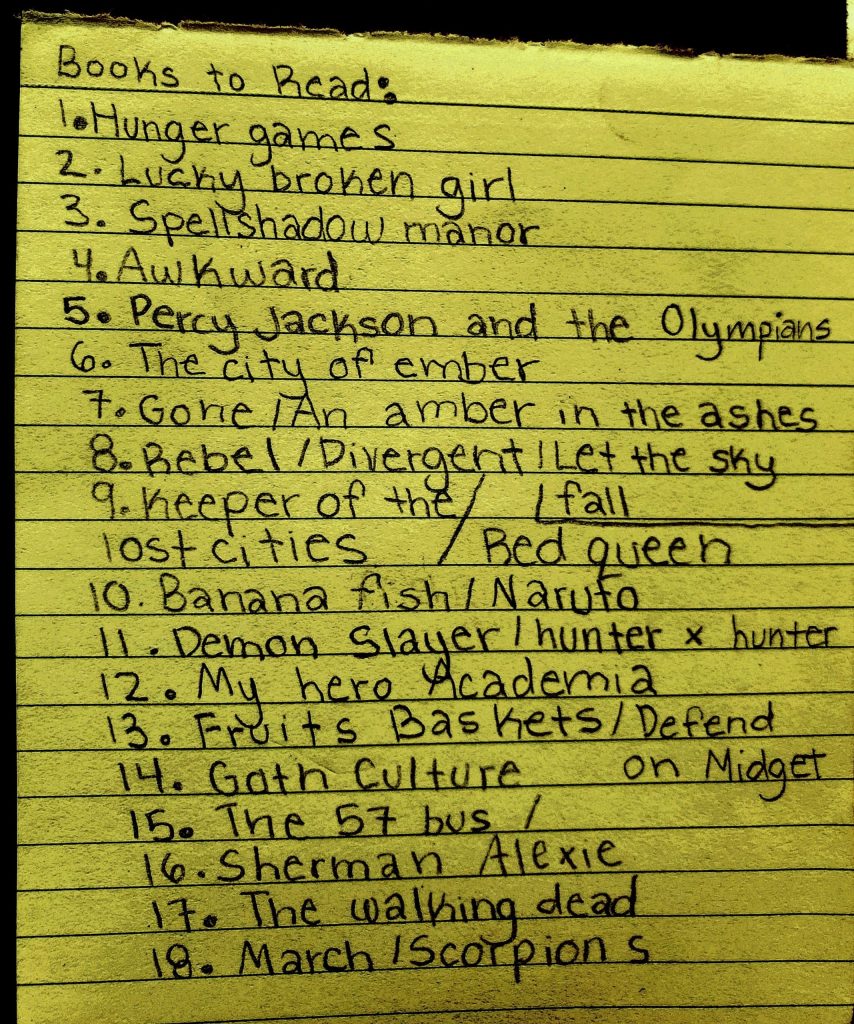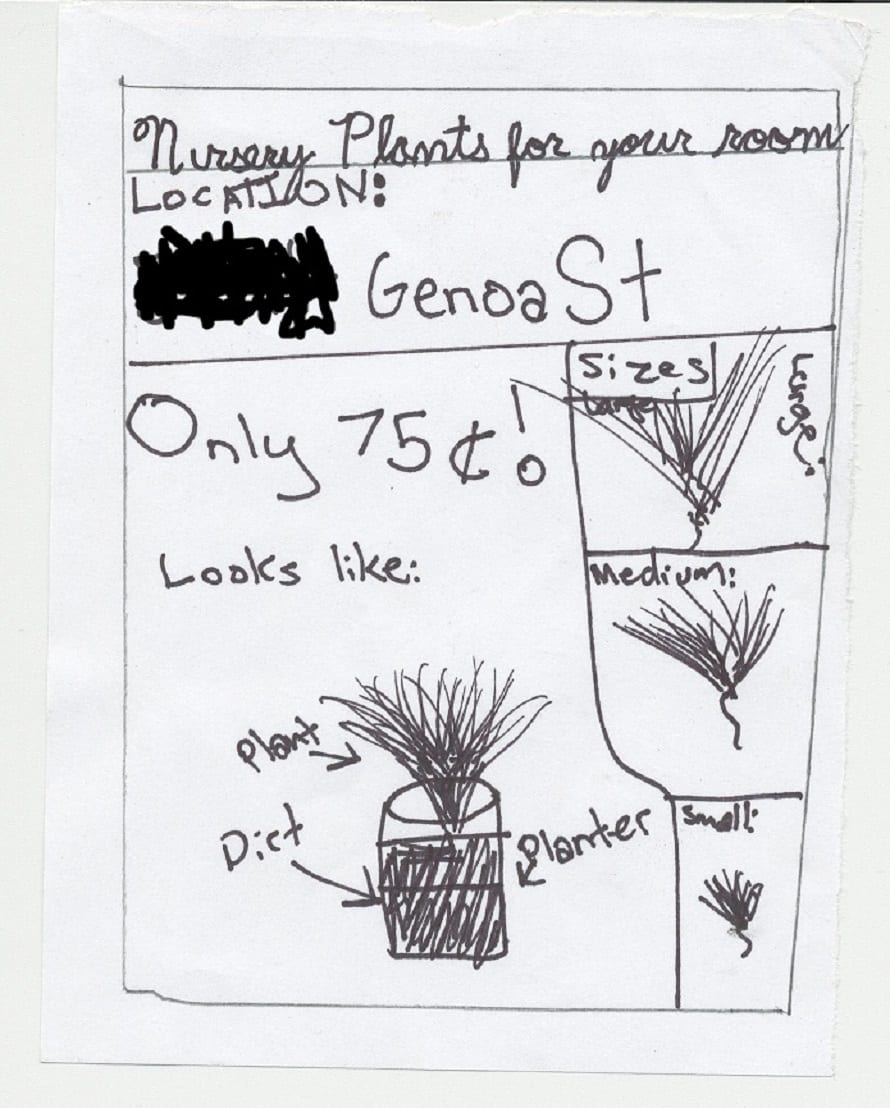Book challenges and bans are increasing in libraries and schools throughout the United States. To help spread the word about these activities and efforts to combat them by librarians, parents, students, politicians, and concerned citizens, I Love Libraries will highlight several stories each week on the current crisis. This roundup includes news from Florida, Illinois, Pennsylvania, and Texas, as well as a report on teacher fatigue and unrest due to book bans, school shootings, and more.
Florida school board sued over “obscene” library materials
A Florida man has filed a lawsuit against Sarasota (Fla.) School Board over library books he considers lewd and obscene, including Toni Morrison’s The Bluest Eye and How to Be an Antiracist by Ibram X. Kendi, reports WWSB TV.
In his civil suit filed in Sarasota County Circuit Court July 1, Robert Craft claims the school board is guilty of “purchasing and propagating obscene, lewd, and lascivious materials for distribution to children.” The suit requests an emergency injunction “to stop children’s exposure” to more than 50 books; the confiscation of the books as evidence; and a criminal indictment by a grand jury.
WWSB reports that Craft is not listed as a member of the Florida Bar but claims he has jurisdiction in the case “as declared in the Journey of Life of the Natural Person, the American Territory National, and/or the Citizen of the Constitutional Republic of these United States of America.”
Gender Queer to remain in suburban Chicago school district
The school board of Downers Grove, Illinois, a western suburb of Chicago, unanimously voted in June to keep Maia Kobabe’s Gender Queer in its libraries after conservative parents and members of the Proud Boys raised objections over the past few months, reports the Chicago Sun-Times.
Gender Queer is an autobiographical graphic memoir that tells the nonbinary author’s gender-identity journey as a teen and adult. It is not part of the curriculum at either Community High School District 99 school, Downers North, or Downers South schools, but a group of 15 parents challenged its availability in the school libraries. The dispute has roiled the community, particularly at a November 2021 board meeting at which adults in one case called a student a “pedophile.”
How a right-wing book ban took hold in a Pennsylvania county
Central Bucks School District, the third-largest district in Pennsylvania, is poised to adopt a policy that would allow the board to prevent certain books from being added to school library shelves, reports WHYY radio’s podcast Schooled. Most of the policy is about the process of reviewingthe books that librarians want to purchase.
“We don’t have the ability to remove books,” said board president and policy supporter Dana Hunter. “We only have the ability to restrict what goes in going forward.” Kate Nazemi, a district parent who circulated a petition in support of books that had been targeted, thinks the policy sends another message: Librarians and teachers are not to be trusted.
Billboards with quotes from LGBTQ books placed in book-banning states
During the month of June, Penguin Random House installed billboard with quotes from LGBTQ books in New York City, Chicago, Dallas, Austin, Orlando, and Miami, reports Book Riot. The publisher specifically chose cities in Texas and Florida because of the increase in bans and challenges against LGBTQ books and recent anti-LGBTQ legislation in those states. The books and authors featured are Samantha Irby’s We Are Never Meeting In Real Life, Akwaeke Emezi’s Dear Senthuran, E. Eric Thomas’s Here For It, Ocean Vuong’s On Earth We’re Briefly Gorgeous, and Robert Jones Jr.’s The Prophets.
Facing school shootings and book bans, U.S. teachers have had it
American teachers are the most stressed they’ve been in years as they deal with increased shootings at schools, book bans and challenges, fatigue, and other restrictions on their jobs, reports Bloomberg News. “Teachers feel under siege,” American Federation of Teachers President Randi Weingarten said. Rather than support teachers, politicians “are stoking up culture wars and banning curriculum and books and calling them names,” Weingarten added.
Take action
Alarmed by the escalating attempts to censor books? Here are five steps you can take now to protect the freedom to read.
- Follow news and social media in your community and state to keep apprised of organizations working to censor library or school materials.
- Show up for library workers at school or library board meetings and speak as a library advocate and community stakeholder who supports a parent’s right to restrict reading materials for their own child but not for all
- Help provide a safety net for library professionals as they defend intellectual freedom in their communities by giving to the LeRoy C. Merritt Humanitarian Fund.
- Educate friends, neighbors, and family members about censorship and how it harms communities. Share information from Banned Books Week 2021.
- Join the Unite Against Book Bans movement to learn what you can do to defend the freedom to read in your community.


